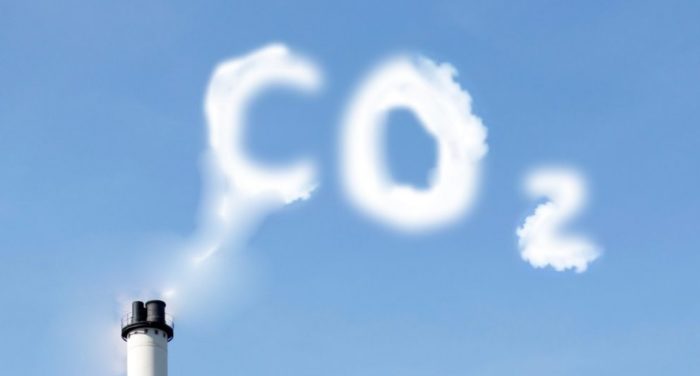The climate school strike movement is now worldwide, bringing about 1.5 million children and young people to the streets, protesting for their governments to take action and address climate change. Now, the movement has turned its focus at the shipping industry.
Noga Levy-Rapoport, a core organiser of climate strikes, stated that the world must listen to scientists and act now. There is no room for delays. This includes the shipping industry, with delegates at the IMO having a responsibility to represent their countries’ futures.
[smlsubform prepend=”GET THE SAFETY4SEA IN YOUR INBOX!” showname=false emailtxt=”” emailholder=”Enter your email address” showsubmit=true submittxt=”Submit” jsthanks=false thankyou=”Thank you for subscribing to our mailing list”]
Today, shipping accounts for around 3% of global GHG emissions, and needs clean up efforts, as otherwise they would increase to 20% of overall emissions by 2050.
For this reason, MEPC72 decided to reduce GHG emissions by at least 50%” by 2050. However, no measures have been agreed upon.
The Paris Agreement does not directly accounts shipping, but UK’s Committee on Climate Change suggested the UK to incorporate international shipping in its carbon budgets.
In fact, the IPCC report on limiting global warming to 1.5C warned that this would only be possible with immediate action within 5-10 years, while emissions must be cut by 45% by 2030.
What is more, Levy-Rapoport noted that the shipping industry must make large investments and establish technologies for zero carbon vessels. However, she added that, as there is no time to delay, if the IMO agrees this month to introduce global speed limits on shipping, this could reduce emissions significantly in a short period of time.
Until now, climate school strikes have taken place in 2,000 cities across the world. Among these countries are the ones that have attempted to block climate action at IMO, including the US, Panama, and Brazil.


































































